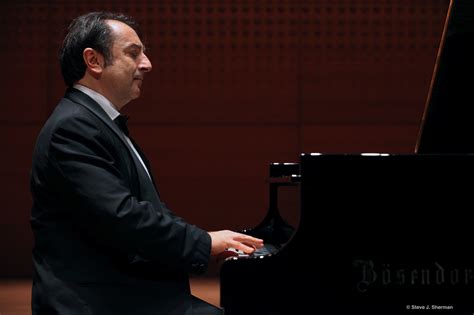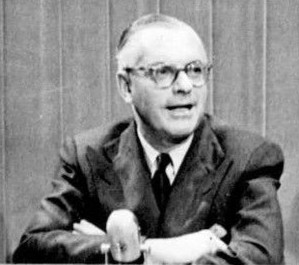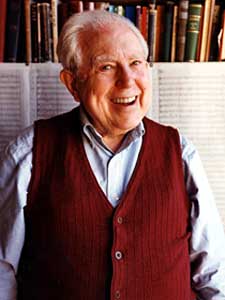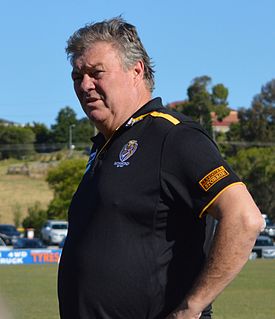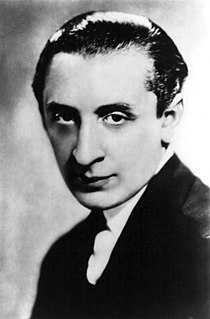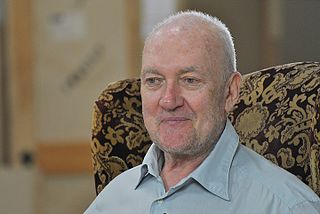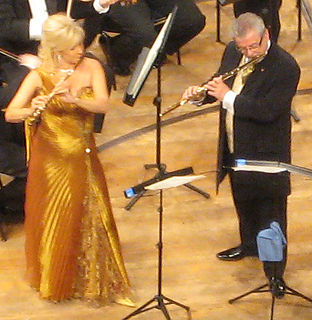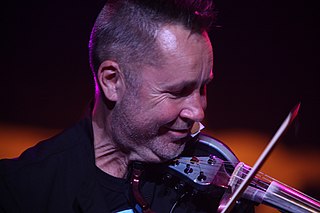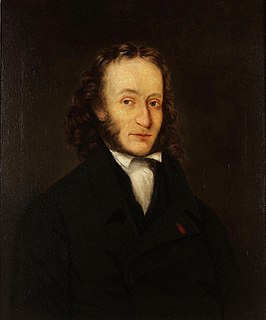A Quote by Carlo Grante
The only work that can be compared to Chopin's Etudes, innovatively, where every note is essential and one becomes completely exposed, is the Brahms-Paganini variations. These are etudes - not as interesting musically as, say, the Brahms-Handel - but they are incredible.
Related Quotes
...stories about [the German composer Johannes] Brahms's rudeness and wit amused me in particular. For instance, I loved the one about how a great wine connoisseur invited the composer to dinner. 'This is the Brahms of my cellar,' he said to his guests, producing a dust-covered bottle and pouring some into the master's glass. Brahms looked first at the color of the wine, then sniffed its bouquet, finally took a sip, and put the glass down without saying a word. 'Don't you like it?' asked the host. 'Hmm,' Brahms muttered. 'Better bring your Beethoven!'
Before I got to Juilliard I remember that I had learned the first few bars to all the Sachse etudes in several different keys because I knew what was coming. So in the first year he was throwing these Sachse etudes at me and I would knock off the first eight bars and fly right through it. He would say, 'Alright, that's good enough.' But, in my third year, he said 'Get out the Sachse book.' I couldn't understand why. So I pull it out and he said, 'Here, start in the middle.' I was in trouble! He said, 'Hey Balm, I took you for a guy who knows how to transpose-you're nothing but a bugler!'
On December 12, 1829, Paganini wrote his friend Germi: "The variations I've composed on the graceful Neapolitan ditty, 'Oh Mamma, Mama Cara,' outshine everything. I can't describe it!" He was writing from Karlsruhe, in the midst of his triumphal tour through Germany. That letter marks the earliest known mention of the variations that would become famous as "The Carnival of Venice." At the time of his letter, Paganini had already performed the piece in at least four concerts. From then on, it would be one of his most popular compositions.
